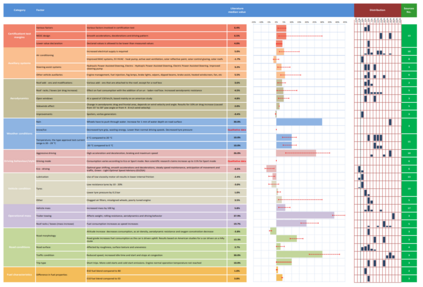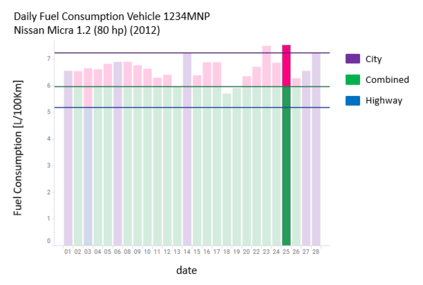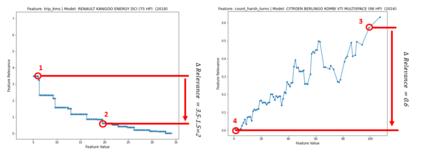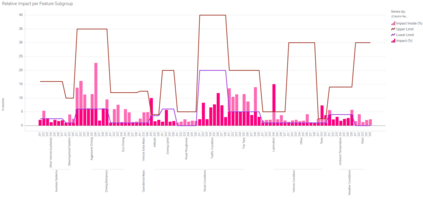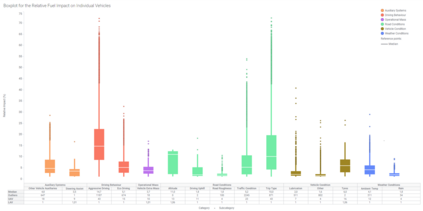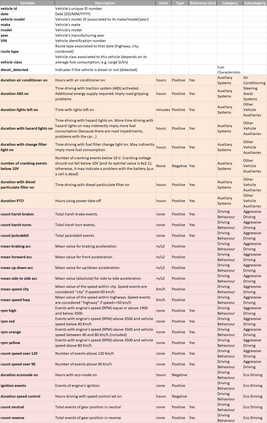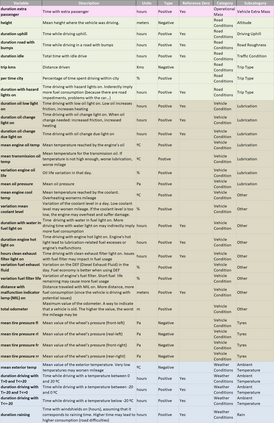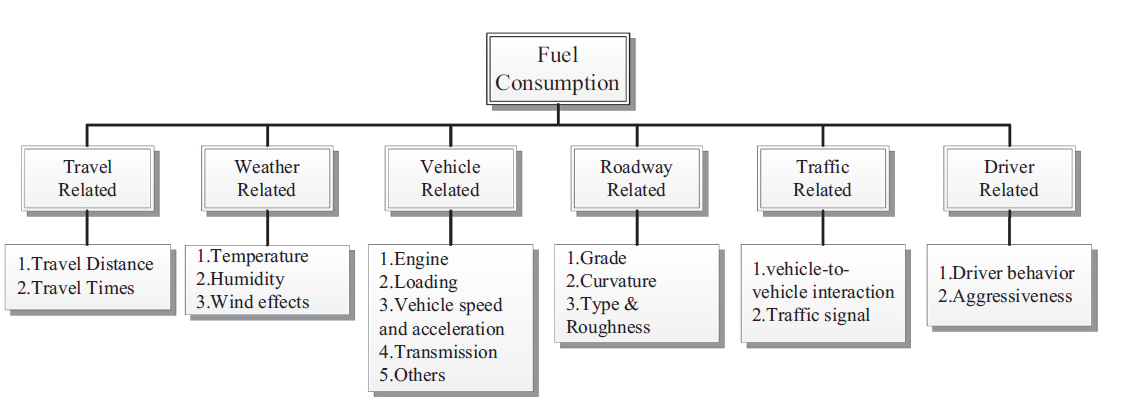Fuel optimization of diesel and petrol vehicles within industrial fleets is critical for mitigating costs and reducing emissions. This objective is achievable by acting on fuel-related factors, such as the driving behaviour style. In this study, we developed an Explainable Boosting Machine (EBM) model to predict fuel consumption of different types of industrial vehicles, using real-world data collected from 2020 to 2021. This Machine Learning model also explains the relationship between the input factors and fuel consumption, quantifying the individual contribution of each one of them. The explanations provided by the model are compared with domain knowledge in order to see if they are aligned. The results show that the 70% of the categories associated to the fuel-factors are similar to the previous literature. With the EBM algorithm, we estimate that optimizing driving behaviour decreases fuel consumption between 12% and 15% in a large fleet (more than 1000 vehicles).
翻译:工业车队内部柴油和汽油车辆燃料优化对于降低成本和减少排放至关重要。这一目标可以通过对燃料相关因素(如驾驶行为风格)采取行动来实现。在本研究中,我们开发了一个可解释的推力机模型(EBM)来预测不同类型工业车辆的燃料消耗情况,该模型使用从2020年至2021年收集的现实世界数据。这一机器学习模型还解释了投入因素与燃料消耗之间的关系,对每种因素的个别贡献进行了量化。模型提供的解释与域知识进行了比较,以便看它们是否一致。结果显示,与燃料因素有关的70%类别与以前的文献相似。我们用EBM算法估计,在大型车队(超过1000部车辆)中,优化驾驶行为会减少12%至15%的燃料消耗。


